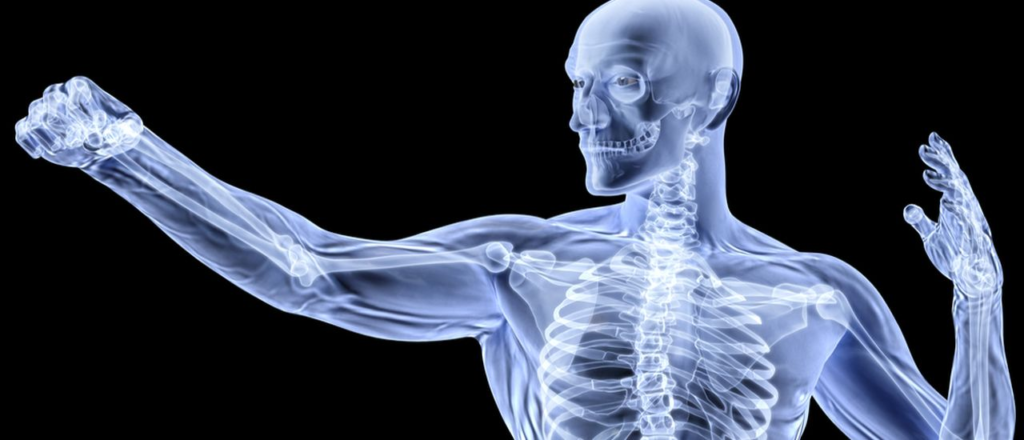Bone health is important for preventing conditions like osteoporosis and rickets, and reducing the risk of broken bones. Defining bone health as a public health issue with an emphasis on prevention and early intervention to promote strong bones and prevent fractures and their consequences. Vitamin D is essential for maintaining strong and healthy bones, yet a large portion of the population is deficient in this vital nutrient. Without sufficient Vitamin D, your body can’t absorb calcium effectively, which can lead to weakened bones and conditions like osteoporosis.

Eating for healthy bones
Some people find their appetite starts to drop as they get older. Eating less can make it more difficult to get the nutrients you need to keep muscles and bones healthy. Staying active will help to keep your appetite up. But if you don’t feel like eating much some days, it’s still important to try to stick to a healthy or balance diet.
For healthy muscles and bones, you need calcium, vitamin D and protein:
- calcium keeps our bones and teeth healthy
- vitamin D helps our bodies to absorb calcium
- protein is important for muscle maintenance
Another reason to eat a balanced diet is that it will help you to maintain a healthy body weight. Being underweight is linked to a higher risk of fractures.

Role of Vitamin D for Bone Health
Vitamin D plays a critical role in bone health by aiding the absorption of calcium in the gut, which is crucial for the formation and maintenance of strong bones. Without adequate Vitamin D, your bones can become thin, brittle, or misshapen.
How Vitamin D works to support your bone health:
- Calcium Absorption
- Calcium is the primary building block of bone, but without Vitamin D, your body struggles to absorb it from the food you eat. Vitamin D increases the efficiency of calcium absorption in the intestines, ensuring that more calcium is available for bone formation and maintenance.
- Bone Remodeling
- Bone remodeling is the process by which old bone is replaced with new bone tissue. This process is vital for maintaining bone strength and integrity. Vitamin D helps regulate the amount of calcium and phosphate in the blood, which are critical for the normal mineralization of bone. Without adequate Vitamin D, bone remodeling can become imbalanced, leading to weak or deformed bones.
- Prevention of Osteoporosis
- Osteoporosis is a condition characterized by weak and brittle bones, increasing the risk of fractures. Vitamin D deficiency is a significant risk factor for developing osteoporosis. Ensuring sufficient Vitamin D levels can help prevent the onset of this condition, particularly in older adults who are more prone to bone density loss.
Vitamin D Need?
The amount of Vitamin D you need can vary depending on age, gender, and other factors. However, general guidelines suggest:
- Infants (0-12 months): 400 IU (International Units) per day
- Children (1-18 years): 600-1,000 IU per day
- Adults (19-70 years): 600-800 IU per day
- Adults over 70 years: 800-1,000 IU per day
These recommendations can vary, and some individuals may require higher doses, particularly if they have limited sun exposure, darker skin, or certain medical conditions that affect Vitamin D absorption.
Signs of Vitamin D Deficiency
Vitamin D deficiency is more common than you might think and can have serious implications for your bone health. Some signs that you might be deficient in Vitamin D include:
- Bone Pain and Muscle Weakness: Early signs of Vitamin D deficiency may include dull, aching pain in the bones and muscles, particularly in the lower back and legs.
- Frequent Illness or Infections: Vitamin D plays a role in immune function, and deficiency can lead to increased susceptibility to infections.
- Fatigue and Tiredness: Low levels of Vitamin D have been linked to chronic fatigue and tiredness.
- Depression: There is evidence suggesting that low Vitamin D levels are associated with an increased risk of depression.
If you experience any of these symptoms, it’s important to have your Vitamin D levels checked by a healthcare expert and work with a nutrition expert to address any deficiencies.
Tips to keep Bone Healthy
Stay active
Being inactive makes your muscles and bones lose strength. This increases your risk of osteoporosis, falls and fractures.
Moderate-intensity exercise
People over 65 should try to get 150 minutes (2 and a half hours) of moderate-intensity exercise every week. It’s best to do some exercise every day, spread across the day. Doing something is always better than doing nothing. Exercise outdoors if you can and build up slowly.
Moderate activity will raise your heart rate and make you breathe faster and feel warmer. One way to tell if you’re exercising at a moderate level is if you can still talk but can’t sing the words to a song.
Examples of moderate-intensity activities include:
- walking
- water aerobics
- ballroom and line dancing
- riding a bike on level ground or with few hills
- playing doubles tennis
- pushing a lawn mower
Activities for strength
You should also try to do activities to improve muscle strength at least twice a week.
This could include:
- lifting weights
- dancing
- carrying groceries
- going up and down stairs
- exercising to music
- heavy gardening, such as digging or shovelling
- yoga
Activities for balance and flexibility
It’s also a good idea to do activities to improve balance and flexibility twice a week as this can reduce your risk of falling. Activities such as yoga or exercise are best for this. These types of activity can also ease stiffness and unsteadiness associated with painful joints. You can do activities twice a week that combine moderate-intensity exercise with improving your strength, balance and flexibility or you can do different activities. You should also try to avoid sitting around for long periods. If you find you have been sitting for a long time, get up and go for a stroll. If you have a health condition such as heart disease or arthritis, you may be able to join a suitable group exercise class.
For more about careers in Medical field, visit on http://www.icareerkick-mgs.in
I don’t think the title of your article matches the content lol. Just kidding, mainly because I had some doubts after reading the article.